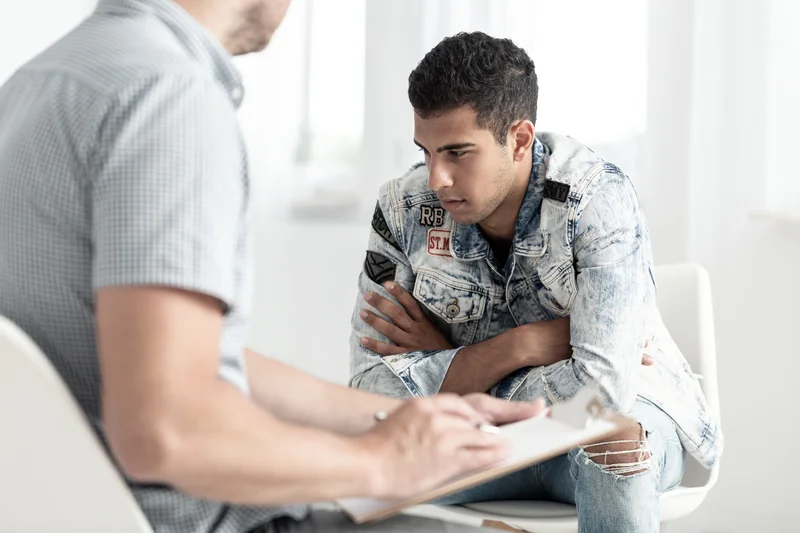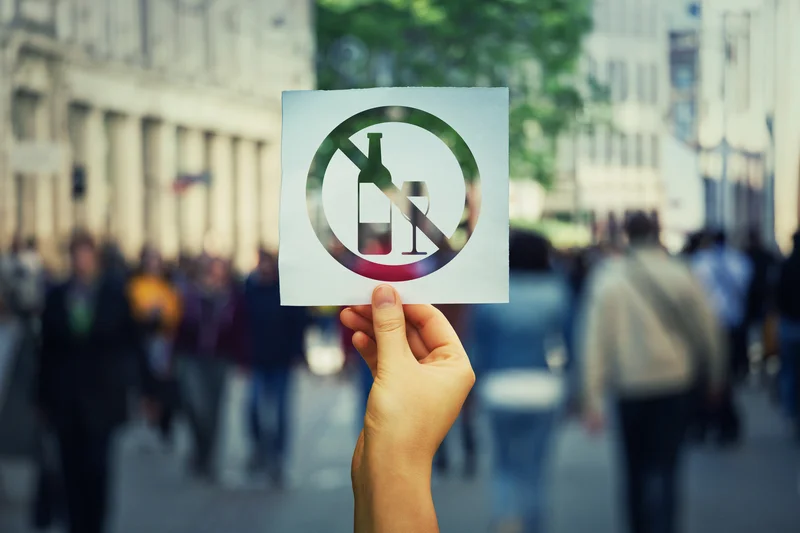
The holidays also represent a break in routine that can influence a person’s desire to use a substance. One important study examined the effect of visual triggers in people who were former users of cocaine. Researchers showed the participants photos of cocaine and related situations and found that the images resulted in a subconscious emotional response in the brain. The researchers observed a rapid activation of the pathways related to drug cravings. Alcohol is particularly difficult because so many people view drinking as normal, and it can crop up in unexpected places like office parties or even a neighborhood potluck.
Cognitive-Behavioral Therapy (CBT)

These issues can be fixed, and people should learn to challenge their outlook by giving equal attention to past successes. Regular review and revision of your prevention strategies with treatment providers or support people helps maintain their relevance and effectiveness throughout your recovery. When these underlying conditions fluctuate or worsen, the brain quickly recalls the temporary relief substances once provided, intensifying cravings during mental health challenges. As recovery progresses, the acute awareness of relapse risk sometimes https://ecosoberhouse.com/ fades. Thoughts like “I’ve got this handled now” or “I’m cured” can lead to decreased vigilance about other triggers. This overconfidence often precedes exposure to high-risk situations without adequate preparation.

10. Places and Situations Where Drugs Are Available

This combined approach improves long-term sobriety, especially in individuals with severe dependency. Social anxiety can also be Alcohol Use Disorder a struggle for many recovering addicts, which is why having a counselor or sponsor can help you avoid social isolation. Clients who extend their stay at Horizons will be involved in social interaction role-modeling exercises. One way to prevent stress from triggering you is to evaluate your stress levels. Although you can’t eliminate everything and everyone from your life, you can avoid situations that cause you extreme stress. As a result, it may help to list all the people, places, and things that cause you excessive stress.

The Importance of a Relapse Prevention Plan
While you can’t force someone to take action, your support can be a reminder that they’re not relapse triggers list alone. Sometimes, knowing someone cares is enough to help them turn things around. Relapse can be an indication that treatment needs to be reinstated or adjusted.
- Physical relapse, on the other hand, includes experiencing withdrawal symptoms from the absence of drugs and alcohol.
- However, there are most likely people in your life who encouraged your substance abuse in the past, and you have most likely tried to avoid them.
- These communities offer shared experiences, encouragement, and accountability, making recovery feel less isolating.
- If you or a loved one has experienced a relapse, or are just considering treatment options, we are here to help you.
- Surely they can help you to be reminded of why you chose to live a life in recovery.
Likewise, an increase in income may trigger thoughts of now being able to afford your drug of choice. But with that added income, there will most likely be added pressure to perform, leading to more stress. In addition, be aware of your thinking and who you choose to surround yourself with. All of this will assist you with protecting your recovery to avoid a potential relapse. While a new promotion at work may be cause for a celebration, it can create triggers that cause temptation. A strong and supportive network of people can serve as an anchor in your recovery.
